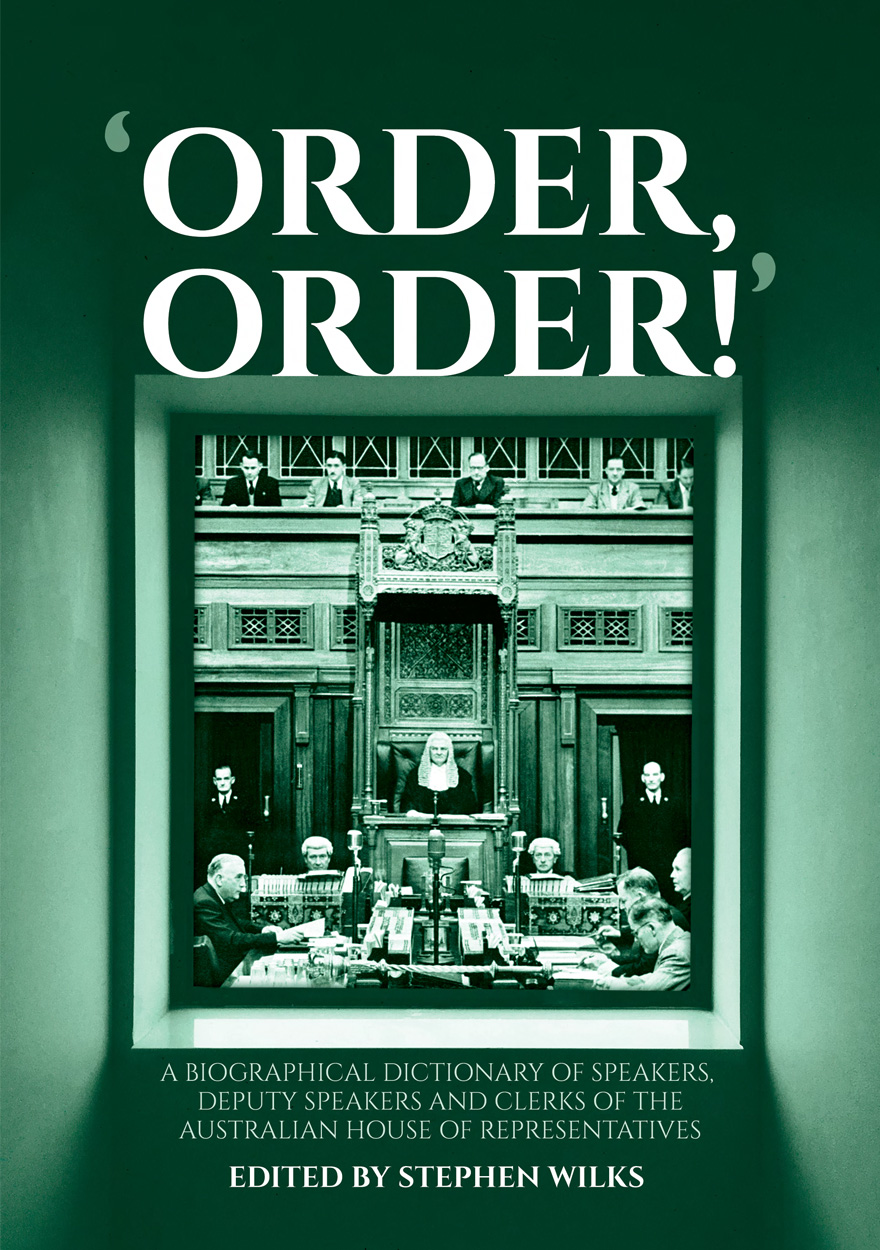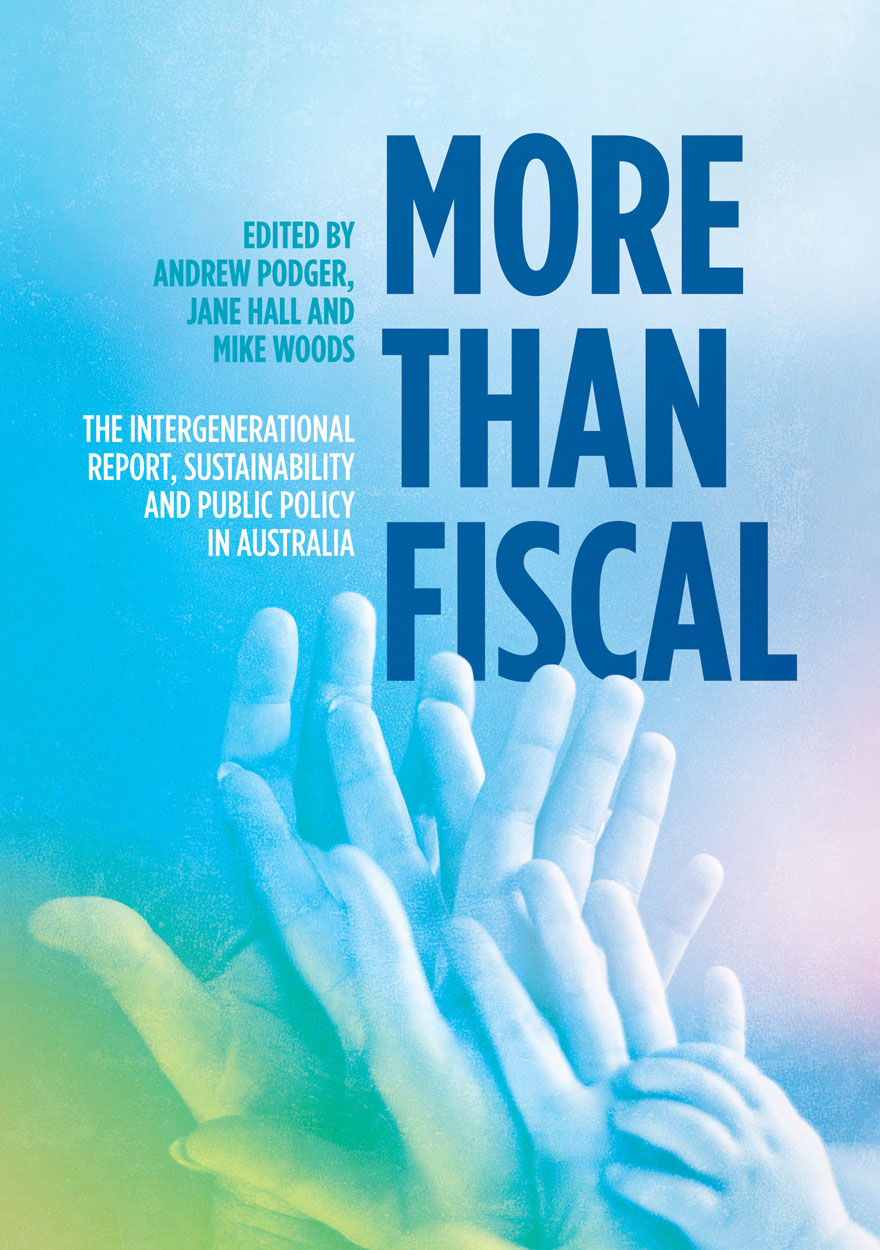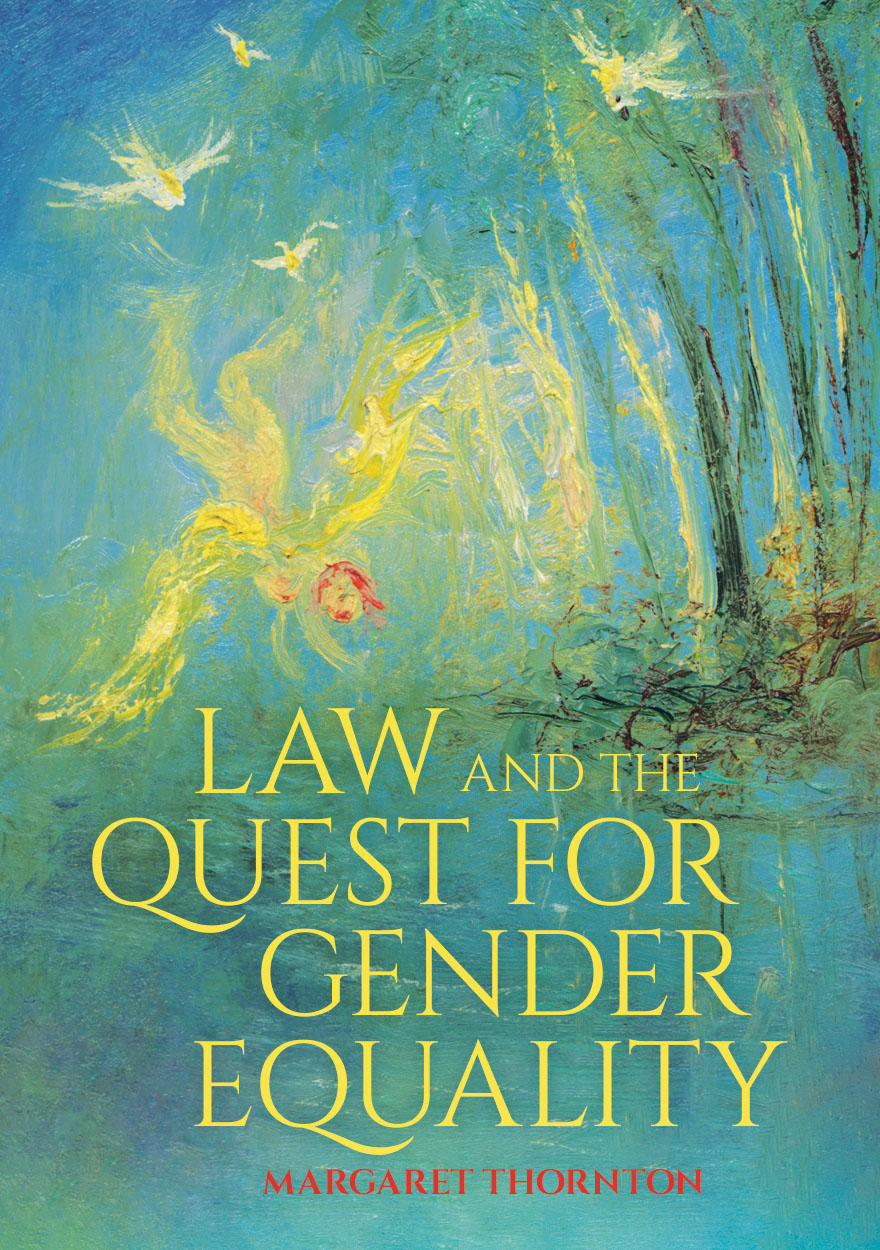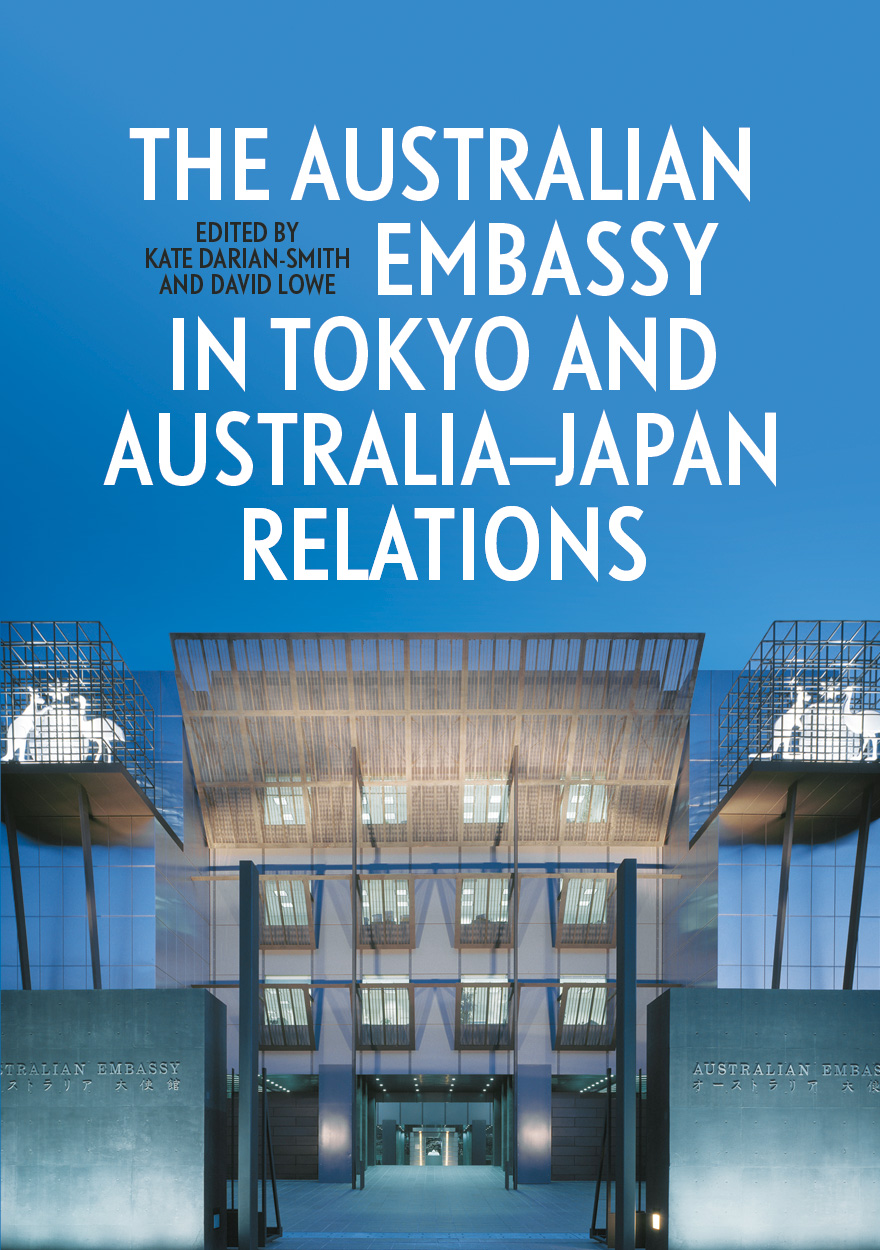Search titles
Displaying results 31 to 40 of 554.

Ebenezer Mission Station, 1863–1873 »
The Diary of Missionaries Adolf and Polly Hartmann
Edited by: Felicity Jensz
Publication date: July 2023
This book contains the annotated diary of Adolf and Mary (Polly) Hartmann, missionaries of the Moravian Church who worked at the Ebenezer mission station on Wotjobaluk country, in the north-west of the Colony of Victoria, Australia. The diary begins in 1863, as the Hartmanns are preparing to travel from Europe to take up their post, and ends in 1873, by which time they are working in Canada as missionaries to the Lenni Lenape people.
Recording the Hartmann’s eight years at the Ebenezer mission, the diary presents richly detailed insights into the daily interactions between Aboriginal people and their colonisers. The inhabitants of the mission are overwhelmingly described in the diary as agents in their lives, moving in and out of the missionaries’ sphere of influence, yet restricted at times by the boundaries of the mission. The diary reveals moments of laughter, shared grief, community, advocacy and reciprocal learning, alongside the mundane everyday chores of mission life.
Through the personal writings of a missionary couple, this diary brings to light the regular, routine and extraordinary events on a mission station in Australia in the third quarter of the nineteenth century—a period just prior to British high imperialism, and a period before increasingly restrictive legislation was enforced on Indigenous people in the Colony of Victoria.

Aboriginal History Journal: Volume 46 »
Edited by: Crystal McKinnon, Ben Silverstein
Publication date: July 2023
The articles in Volume 46 each take provocative and generative approaches to the challenge of historical truth-telling. Examining the public memory of massacres in Gippsland, Victoria, Aunty Doris Paton, Beth Marsden and Jessica Horton trace a history of contestation between, on the one hand, forms of frontier memorialisation articulated to secure colonial possession and, on the other, the sovereign counter-narratives of Gunai Kurnai communities. Heidi Norman and Anne Maree Payne describe Aboriginal campaigns to repatriate Ancestors’ stolen remains over the past fifty years, showing how these campaigns have proceeded along with and as part of nation-building movements towards land rights and self-determination. Their call for Aboriginal relationships with Ancestors to be represented in a National Resting Place aligns their research with these movements. We return to Gunai Kurnai Country in a piece authored by Rob Hudson and Shannon Woodcock, who show how the Krowathunkooloong Keeping Place has formed an important site and tool of community work towards cultural resurgence; the article itself demonstrates the value and importance of collaborative and co-designed research methods. The volume then includes a conversation between Laura McBride and Mariko Smith about their curation of the Australian Museum’s Unsettled exhibition, through which they responded to the 250th anniversary of Cook’s Endeavour voyage along Australia’s east coast by telling true stories that put Cook in his place.

Australian Journal of Biography and History: No. 7, 2023 »
Special Issue: Convict Lives
Publication date: June 2023
This special issue of the Australian Journal of Biography and History explores the lives of convicts transported to Australia and asks how they can be investigated through various forms of biography. Given the ever-increasing range of methodologies for researching convict lives, this issue offers a timely reflection on their varying strengths, limitations and functions as well as on the future of convict history research. Nine refereed articles and two research notes provide new insights into various aspects of convict lives and experiences, combined with broad discussions on methodology.
In their introductory article, Matthew Cunneen and Malcolm Allbrook delve into the history of convict biography and the ways previous historians have attempted to explore and understand such lives. To overcome the gaps and silences in the archives, they argue, historians of convict Australia should employ a range of methodologies that each have their own particular domains of enquiry. In her research note, Janet McCalman reflects on the historiographical discoveries that have been made possible by the digitising, indexing and linking of convict records. She calls for future researchers to continue the work behind large datasets so that one day a fully comprehensive database of convicts can be created. Adopting a more fine-grained approach, Jennifer Bird reconstructs in detail from the archives the penal life of the convict Robert Edward Knox. Her analysis of Knox demonstrates an alternative to big-data approaches for understanding convict agency.
With a similarly refined scope—though one that looks at the convict system from the outside in—Jennifer Brookes examines the struggles of Lydia Anne to join her transported husband, Laurence Hynes Halloran, in Australia. Brookes’s article suggests that historians might consider how contemporary understandings of convicts can be enhanced by studying the lives of non-convicts associated with transportation. Matthew Cunneen reconstructs the lives of three convicts to further inform the experiences of people of colour under transportation. He argues for collective biography as a way of bridging the methodological shortcomings of purely biographical and prosopographical approaches. In the first large-scale study of the subject, Patricia Downes examines the social and legal conditions that saw freely arrived British soldiers sentenced to transportation within the Australian colonies. Complicating old narratives of the soldiers as contaminated by the convicts around them, she explores how military crimes resulting in transportation were sometimes driven by desires for freedom from military life and to protest service conditions.
Christine Fernon reports in her research note on the progress made in the National Centre of Biography’s First Three Fleets and Their Families project, an ambitious intergenerational study of Australia’s early colonial history. The preliminary findings give a sense of the insights that the project will provide into how convict lives formed the fabric of Australian colonial history. Kristyn Harman and Anthony Ray explore the intergenerational effects of the convict system through the experiences of three convicts of colour. In analysing these lives, they contribute to our understanding of interracial marriage, family formation and recidivism in Van Diemen’s Land. Hamish Maxwell-Stewart, David Andrew Roberts and Mark McLean draw on a wealth of convict records to show the potential of using big data to analyse thousands of convict lives in parallel. Doing so would allow the individual to be contextualised within the greater population and would present opportunities for temporal and spatial analysis, thereby deepening understandings of British criminal management.
Visually illustrating the potential of big data in studies of convict protest and collective biography, Monika Schwarz examines collective resistance networks in female factories in Van Diemen’s Land. She draws together the stories of previously unconnected women and uncovers episodes of resistance. Returning convict history to its material origins, Richard Tuffin, Martin Gibbs, David Roe and Sylvana Szydzik draw on archaeological methods of digital technology to recontextualise convict lives. By mapping sites of convict labour and quantifying the outputs from them, the authors collectively argue that adopting multi-scalar and multidisciplinary approaches to studying convict environments can deeply enhance the histories of those who were involved with them. This issue deepens understandings of Australia’s convicts, the lives they led and the ways historians can best study them.

‘Order, Order!’ »
A Biographical Dictionary of Speakers, Deputy Speakers and Clerks of the Australian House of Representatives
Edited by: Stephen Wilks
Publication date: May 2023
‘Order, Order!’: A Biographical Dictionary of Speakers, Deputy Speakers and Clerks of the Australian House of Representatives shines a first-ever historical light on the remarkable men and women who have served in these national offices since Federation.
The Speakers include Frederick Holder, whose campaign to embed a Westminster-style Speakership died with him when he collapsed dramatically in the parliament; the much-loved Joan Child, Australia’s first female Speaker, whose struggles as a widow with five children fostered her commitment to social justice and made her, in the words of another Speaker, Anna Burke, ‘pretty fierce’; and Ian Sinclair, a warhorse of a parliamentarian who seemed to prove the poacher-turned-gamekeeper principle. The Deputy Speakers, a particularly eclectic assortment, include the strange and bleakly serious James Fowler, who once hopefully mailed a film synopsis to the American director Cecil B. DeMille and who ended his days warning of the perils of democracy. Amongst the Clerks are Frank Green, who, at the height of the Cold War, indiscreetly befriended members of the Communist Party, and the popular Jack Pettifer—a true child of parliament—who grew up in an apartment in the building.
This book includes analysis of what sorts of individuals typically filled these vital parliamentary positions, and the appearance of an Australian model of the Speakership based on pragmatic compromise. All three offices are typically more than just creatures of political parties—something that Australians should be prepared to defend against the remorseless encroachment of political partisanship.
Format: Hardback

The Australian Constitution and National Identity »
Edited by: Anna Olijnyk, Alexander Reilly
Publication date: May 2023
What does Australia’s Constitution say about national identity? A conventional answer might be ‘not much’. Yet recent constitutional controversies raise issues about the recognition of First Peoples, the place of migrants and dual citizens, the right to free speech, the nature of our democracy, and our continuing connection to the British monarchy. These are constitutional questions, but they are also questions about who we are as a nation.
This edited collection brings together legal, historical, and political science scholarship. These diverse perspectives reveal a wealth of connections between the Australian Constitution and Australia’s national identity.

More Than Fiscal »
The Intergenerational Report, Sustainability and Public Policy in Australia
Publication date: May 2023
Every five years, the Australian treasurer is required to publish an intergenerational report (IGR), which examines the long-term sustainability of current government policies and seeks to determine how demographic, technological and other structural trends might affect the economy and the budget in coming decades. Despite these lofty objectives, the five IGRs produced from 2002 have received only muted applause. Critics say that they are too mechanical, too narrow and too subject to the views of the government of the day and that they don’t provide the intended wake-up call for public understanding of looming economic, social and environmental issues.
This analysis of the most recent IGR (2021) is based on a workshop hosted by the Academy of the Social Sciences in Australia. While finding that the 2021 IGR is an improvement on the previous report (2015), the authors identify several fiscal and broader policy issues that deserve greater attention, including Australia’s structural deficit, rising inequality and the impacts of climate change. They argue that the report fails to discuss the policies required to support greater resilience against future shocks, including the case for earlier budget repair. They propose that future IGRs be prepared with greater independence, cover all levels of government, have more transparent analysis and draw upon a wider ‘wellbeing’ approach to long-term sustainability.
This book aims to attract close attention from public officials and politicians and generate constructive debate in the community.

Law and the Quest for Gender Equality »
Authored by: Margaret Thornton
Publication date: April 2023
For centuries, law was used to subordinate women and exclude them from the public sphere, so it cannot be expected to become a source of equality instantaneously or without resistance from benchmark men—that is, those who are white, heterosexual, able-bodied and middle class. Equality, furthermore, was attainable only in the public sphere, whereas the private sphere was marked as a site of inequality; a wife, children and servants could never be the equals of the master. Despite their ambivalence about the role of law and its contradictions, women and Others felt that they had no alternative but to look to it as a means of liberation.
This skewed patriarchal heritage, the subtext of this collection of essays, has continued to impede the quest for equality by women and Others. It informs not only gender relations in the private sphere, as illustrated by domestic violence and sexual assault, but also the status of women in the public sphere. Despite the fact that women have entered the paid workforce—including the professions—in large numbers, they are still expected to assume responsibility for the preponderance of society’s caring. The essays show how maternal and caring roles, which are still largely viewed as belonging to an unregulated private sphere, continue to be invoked to detract from the authority of the feminine in the public sphere. The promise of antidiscrimination legislation in overcoming the heritage of the past is also shown to be somewhat hollow.

Something's Gotta Change »
Redefining Collaborative Linguistic Research
Authored by: Lesley Woods
Publication date: March 2023
Indigenous people are pushing back against more than 200 years of colonisation and rejecting being seen by the academy as ‘subjects’ of research.
A quiet revolution is taking place among many Indigenous communities across Australia, a revolution insisting that we have control over our languages and our cultural knowledge – for our languages to be a part of our future, not our past. We are reclaiming our right to determine how linguistic research takes place in our communities and how we want to engage with the academy in the future.
This book is an essential guide for non-Indigenous linguists wanting to engage more deeply with Indigenous communities and form genuinely collaborative research partnerships. It fleshes out and redefines ethical linguistic research and work with Indigenous people and communities, with application beyond linguistics.
By reassessing, from an Indigenous point of view, what it means to ‘save’ an endangered language, Something’s Gotta Change shows how linguistic research can play a positive role in keeping (maintaining) or putting (reclaiming) endangered languages on our tongues.

The Australian Embassy in Tokyo and Australia–Japan Relations »
Edited by: Kate Darian-Smith, David Lowe
Publication date: March 2023
Relations between Australia and Japan have undergone both testing and celebrated times since 1952, when Australia’s ambassadorial representation in Tokyo commenced. Over the years, interactions have deepened beyond mutual trade objectives to encompass economic, defence and strategic interests within the Indo-Pacific region and beyond. This ‘special relationship’ has been characterised by the high volume of people moving between Australia and Japan for education, tourism, business, science and research. Cultural ties, from artists-in-residence to sister-city agreements, have flourished. Australia has supported Japan in times of need, including the aftermath of the 2011 Tohoku earthquake.
This book shows how the Australian embassy in Tokyo, through its programs and people, has been central to these developments. The embassy’s buildings, its gardens and grounds, and, above all, its occupants—from senior Australian diplomats to locally engaged staff—are the focus of this multidimensional study by former diplomats and expert observers of Australia’s engagement with Japan. Drawing on oral histories, memoirs, and archives, this volume sheds new light on the complexity of Australia’s diplomatic work in Japan, and the role of the embassy in driving high-level negotiations as well as fostering soft‑power influences.
‘With a similar vision for the Indo-Pacific region and a like-minded approach to the challenges facing us, Australia and Japan have become more intimate and more strategic as partners. I am very pleased to see this slice of Australian diplomatic history so well accounted for in this book.’
— Jan Adams AO PSM, Secretary, Australian Department of Foreign Affairs and Trade; Australia’s Ambassador to Japan, November 2020–June 2022

Lilith: A Feminist History Journal: Number 28 »
Publication date: December 2022
New research in this issue of Lilith includes studies of feminist vegetarian activism in Victorian England; the lives of Japanese businesswomen in North Queensland before 1941; negotiations of gender amongst women combatants in Tigray, Ethiopia; and the impacts of the Covid-19 pandemic on women. Each of the four research articles draws upon new sources and interpretations that shed light on the varied experiences of women within and beyond Australia, often challenging established norms or assumptions about progress.
In ‘Vegetarians, Vivisection and Violationism’, Ruby Ekkel explores the centrality of vegetarianism to the activities and lived experience of noted Victorian activist Anna Kingsford. Tianna Killoran’s article ‘Sex, soap and silk’ draws on newly accessible sources in moving beyond traditional narratives that characterise Japanese women in interwar North Queensland as impoverished sex workers. In ‘A Soldier and a Woman’, Francesca Baldwin examines how women combatants in Tigray, Ethiopia, negotiated the connections and collisions between soldiering and womanhood during and after the 1974–91 civil war. Petra Brown and Tamara Kayali Browne’s article ‘Relational Autonomy: Addressing the Vulnerabilities of Women in a Global Pandemic’ explores how the individualistic/atomistic model of autonomy in responses to Covid-19 has disproportionately disadvantaged women.
This issue also contains nine short essay responses from experienced gender scholars—including Ann Curthoys, Sharon Crozier-De Rosa, Catherine Kevin, Ann McGrath, Janet Ramsey, Yves Rees, Madeleine C. Seys, Jordana Silverstein, and Zora Simic—to the question ‘What does it mean to do feminism in 2022?’ These essays reveal the political power of feminist history-making, since, as Ann Curthoys argues in her essay, feminist history is itself a form of activism.
Taken together, these research articles and essays, along with the editorial, demonstrate the fallibility of the notion of history being a narrative of linear progress without relevance to our current reality. They urge against political complacency about the Covid-19 pandemic, colonialism or women's oppression as existing only in the past.
Download for free
Not available for purchase



